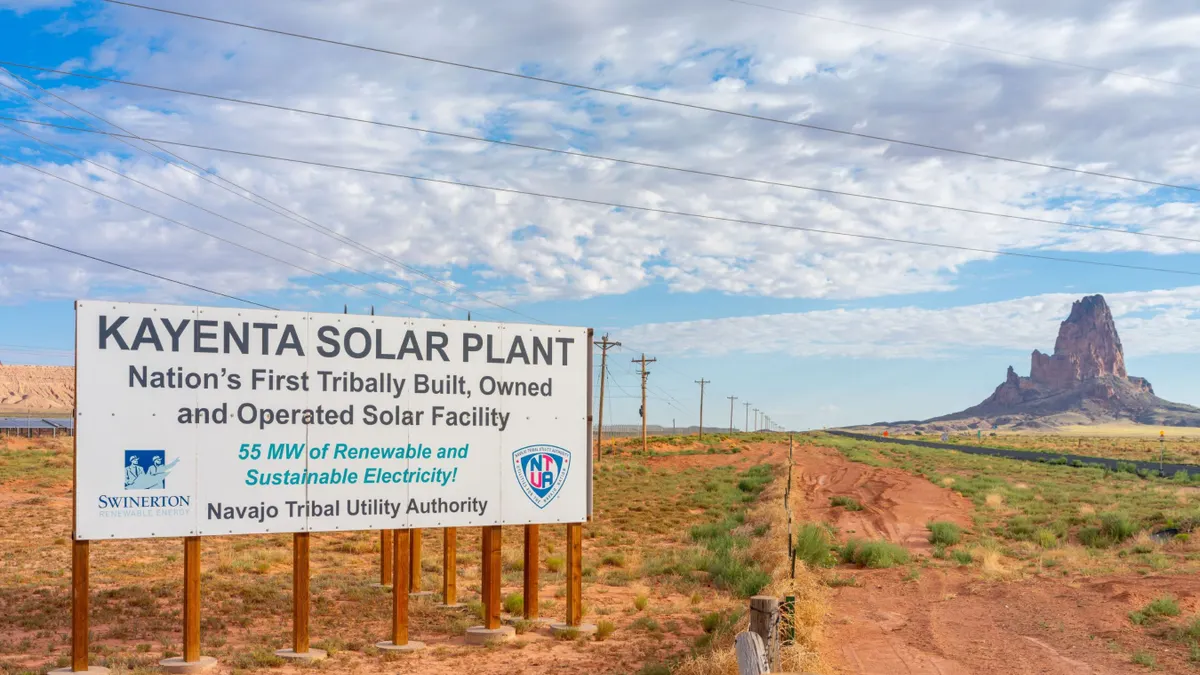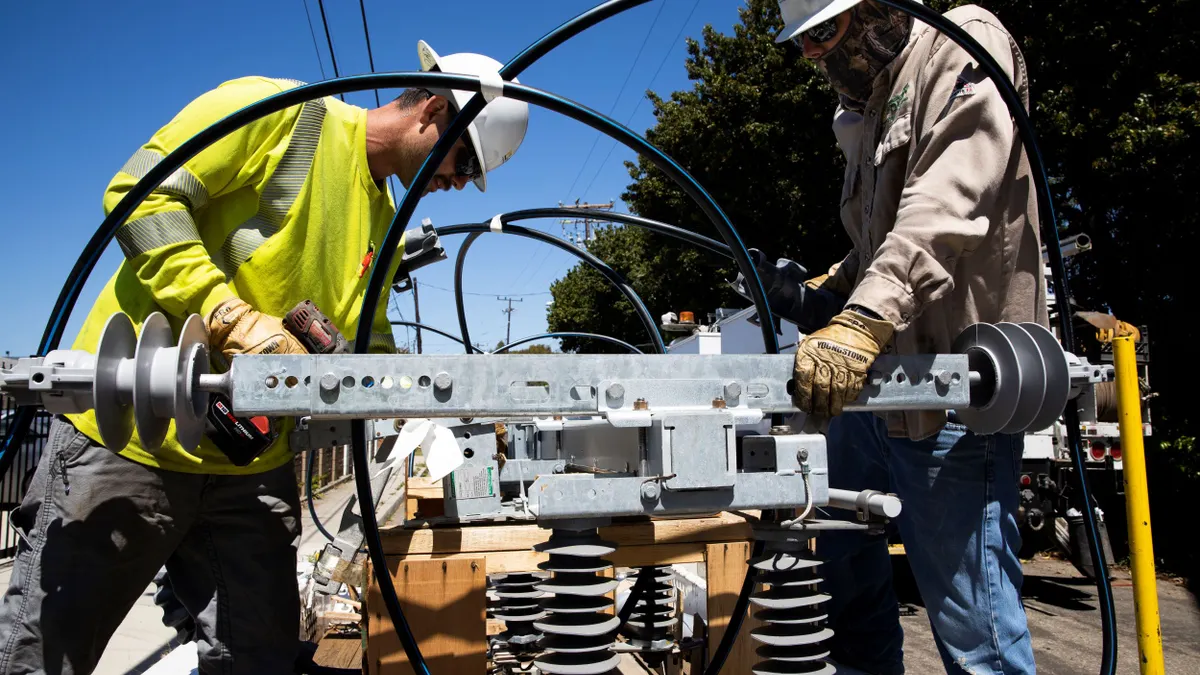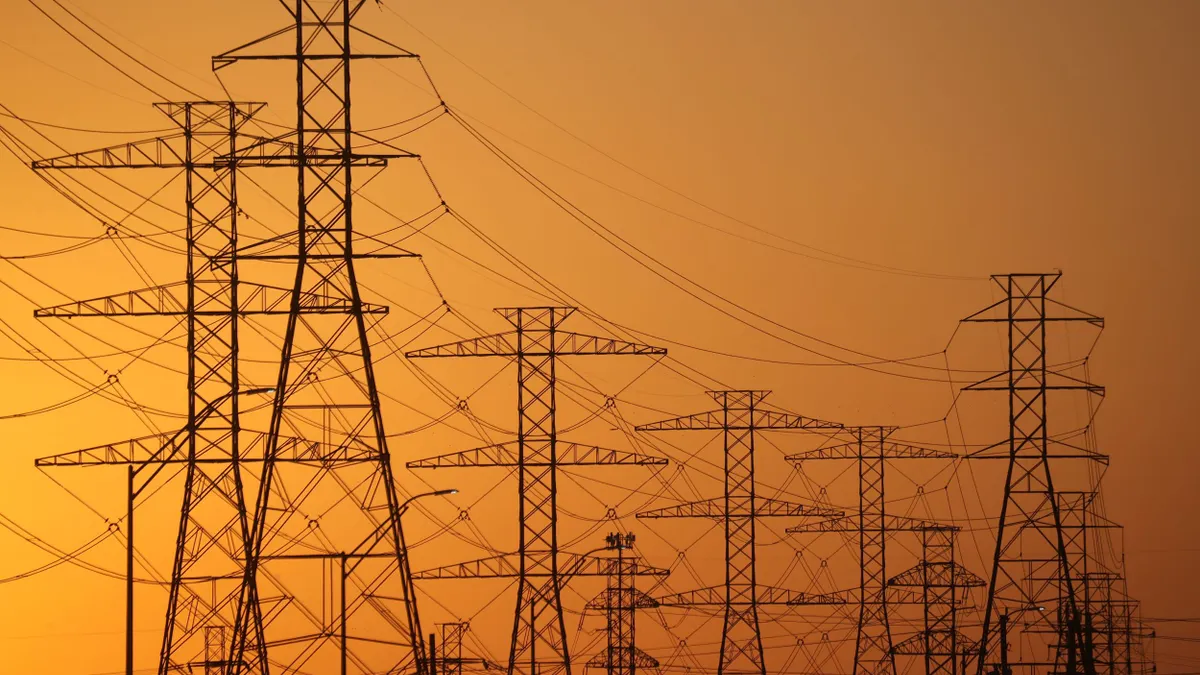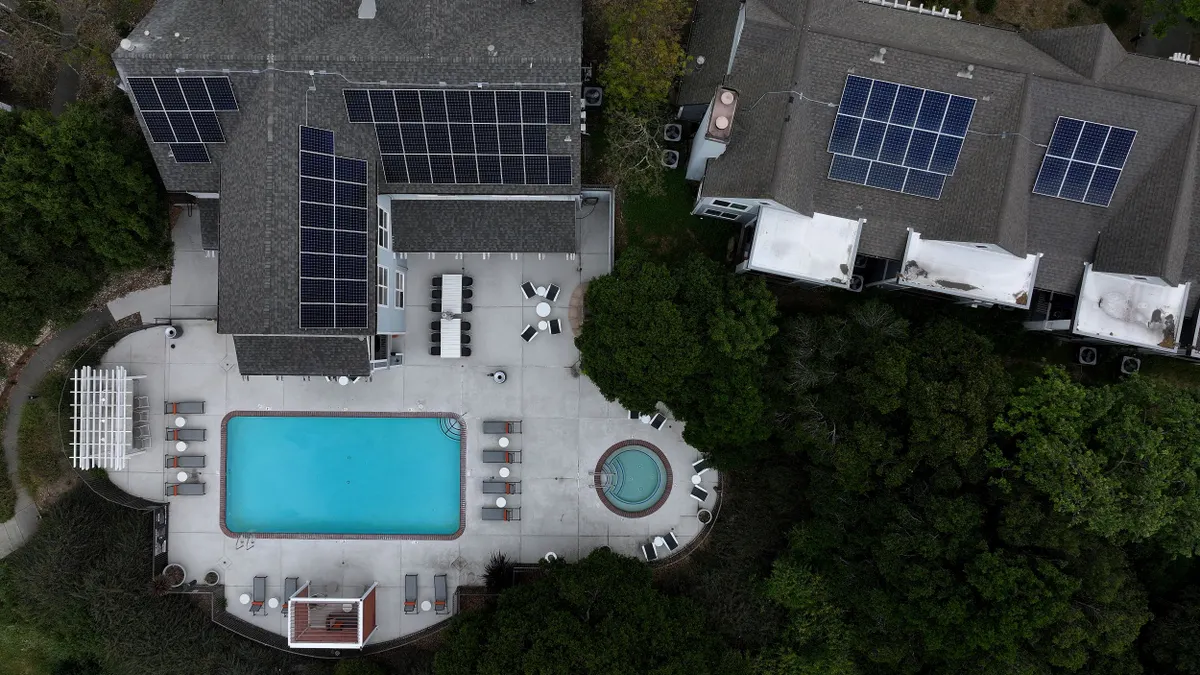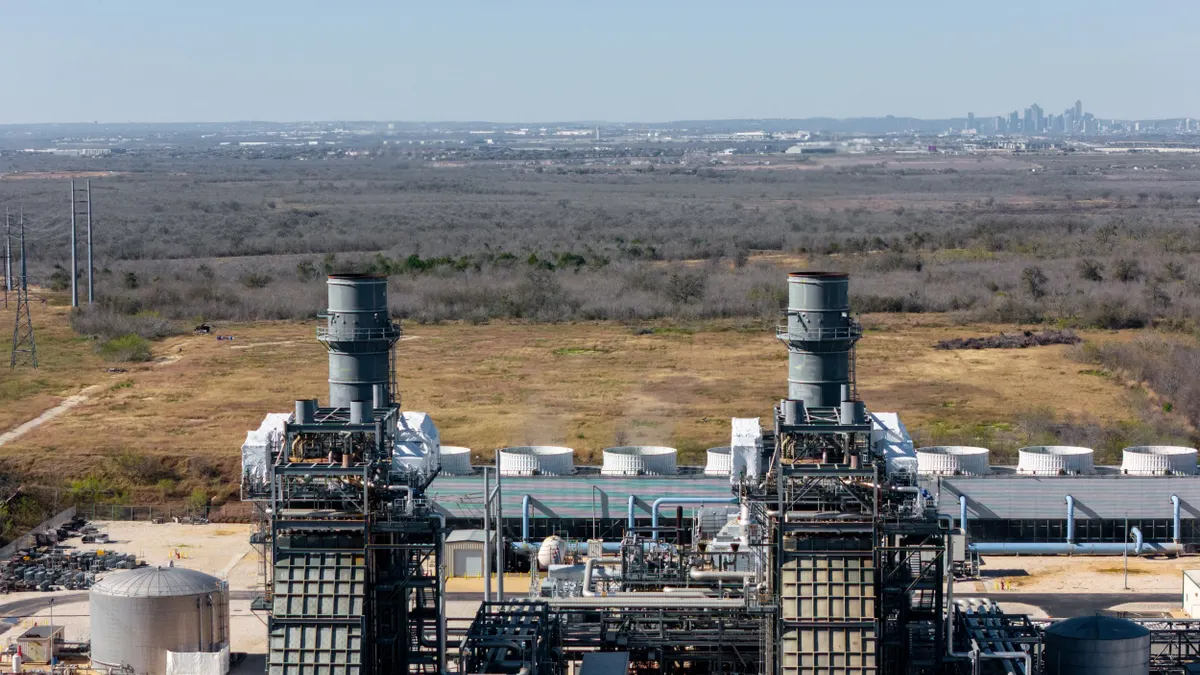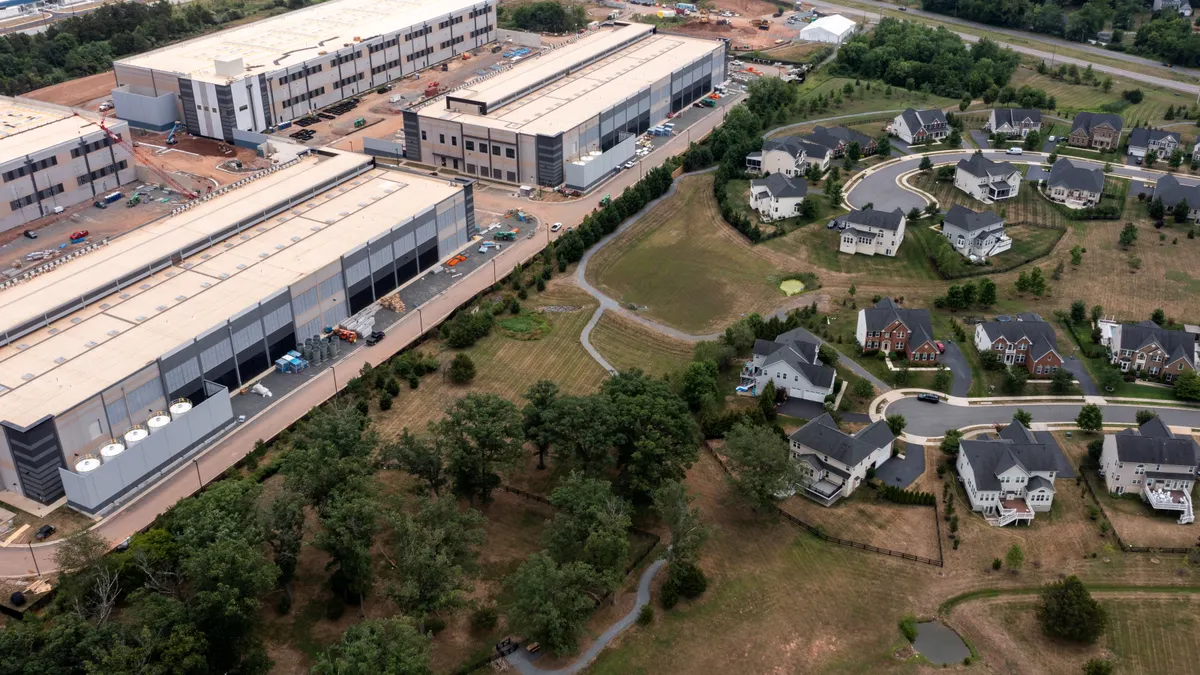President Joe Biden on Monday called to transition the federal government's vehicle fleet to all-electric and American-made, spurring optimism within the electric vehicle (EV) sector for increased adoption of emissions-free cars.
As part of an executive order announced on Wednesday, Biden directed "federal agencies to procure carbon pollution-free electricity and clean, zero-emission vehicles to create good-paying, union jobs and stimulate clean energy industries."
There were about 645,000 vehicles in the federal fleet in 2019, according to the General Services Administration. Electrifying all of them could take a decade or more, according to experts, and that process will help bring stability to the burgeoning EV marketplace.
"The federal government also owns an enormous fleet of vehicles, which we’re going to replace with clean, electric vehicles made right here in America," Biden said Monday. He added that the switch would represent "the largest mobilization of public investment in procurement, infrastructure, and R&D since World War Two."
EV advocates and analysts highlighted the significance of Biden's EV actions.
"The federal government stepping in as a major buyer will have an enormous impact on the market," said Chris Nelder, a manager with Rocky Mountain Institute's (RMI) mobility practice. "It will create demand for all kinds of electrified vehicles."
A plug-in federal fleet would be "a big thing," said Plug in America Executive Director Joel Levin. "For manufacturers, it obviously means a significant increase in demand — and a reliable one. Manufacturers like selling to fleets because they are big purchasers, and they're more stable than individual customers."
The federal government embracing EVs could help speed broader adoption among consumers, experts say.
Federal EV fleet would 'accelerate market transformation'
"The government stepping forward and starting to electrify government fleets is a positive on a number of different fronts," said Gary Rackliffe, vice president of market development and innovation at Hitachi ABB Power Grids. Along with making economic sense, "it's an important signal to the country."
"When the federal government leads by example, it can accelerate market transformation, which is also strategic for assuring American competitiveness," said Holmes Hummel, founder of Clean Energy Works, a nonprofit focused on accelerating financing for the sector.
Transitioning to an electric federal fleet could help create jobs for American manufacturers and will also position the country to meet more ambitious commitments under the Paris climate agreement, Hummel added. Biden, in his first day in office, took steps to rejoin the international accord after President Trump abandoned the commitment.
Making the announcement early in his administration demonstrates that Biden "is deeply committed to delivering on his promises related to climate addressing change in general and transitioning to EVs in particular," Fermata Energy CEO and founder David Slutzky said in an email.
Fermata developed the first bidirectional EV charger to meet new safety standards and be commercially available in the United States. Slutzky said that if Biden formalizes his directive in a way that includes a mandate for deployment of bidirectionally enabled vehicles and charging infrastructure, "it would be potentially transformational."
"Mandating EV adoption for the federal fleet, while critically important if we want to move beyond an oil-based transportation sector, is not enough to address the challenges of transitioning to renewables, and grid stability in general," Slutzky said. Turning EVs into grid resources could help "ensure we have enough energy storage to enable a rapid transition to renewables, but also provide grid resilience," he said.
RMI's Nelder said a federal electric fleet could be "the most significant vehicle purchase announcement to date."
"The federal government runs a huge fleet of passenger vehicles, so their influence on that segment of the market will benefit every vehicle owner who wants to buy an EV," said Nelder. "It will undoubtedly help accelerate manufacturers getting down the learning curve, which will help to reduce the costs of those vehicles for everyone. This is a very substantial buyer — this will be great for the whole industry."
But absent a policy directive from the President, Nelder said there are key questions outstanding. Among those are whether the Biden administration will accelerate vehicle replacements or wait until they reach the end of their useful lives, and if price parity with internal combustion engine vehicles will be required to upgrade.
"There's just a ton of details to be figured out ... most important of all, is how to make sure this is an enduring strategy and not something the next administration does away with," said Nelder. "It is really important they structure this in such a way that it is an ongoing program that will survive the Biden administration."
But Biden's announcement also generated some criticism, in particular that EVs may not be as environmentally-friendly as some say.
"President Biden misses two key points — electric vehicles are not all that clean and they are not all that American," David Kreutzer, a senior economist at the fossil-fuel backed Institute for Energy Research, said in an email.
Kreutzer pointed to concerns about the materials mining needed to develop EV batteries, and sourcing them from China. "If the president wants electric vehicles to be American, he should expand access to mining here in the U.S., where we have the highest environmental and labor standards," Kreutzer said.
Feds must work with utilities to electrify fleet
The initial steps for a large federal procurement will likely be the development of requests for proposals and the installation of charging infrastructure, according to Levin. "It's a pretty big deal. You can't do it overnight," he said.
And electrification will mean more than simply acquiring new vehicles, said Nelder. "They're going to have to figure out how to work with local utilities and provision the power, and build out fleet depots for the charging infrastructure."
The Edison Electric Institute (EEI), which represents investor-owned utilities, said it was pleased by Biden's commitment to electrify the federal transportation fleet.
"By accelerating transportation electrification and increasing the number of electric vehicles in the federal fleet and on U.S. roads, we can leverage the already ongoing emission reductions in the power sector to meet economy-wide carbon reduction goals," EEI President Tom Kuhn said in a statement. He noted that the transportation sector is the largest domestic source of carbon emissions.
"We look forward to partnering with the Administration and stand ready to help the federal fleet electrify by building and optimizing the needed infrastructure," Kuhn said.
CORRECTION: A previous version of this story mis-identified the organization run by Joel Levin. He is executive director of Plug in America, not Electrify America.









